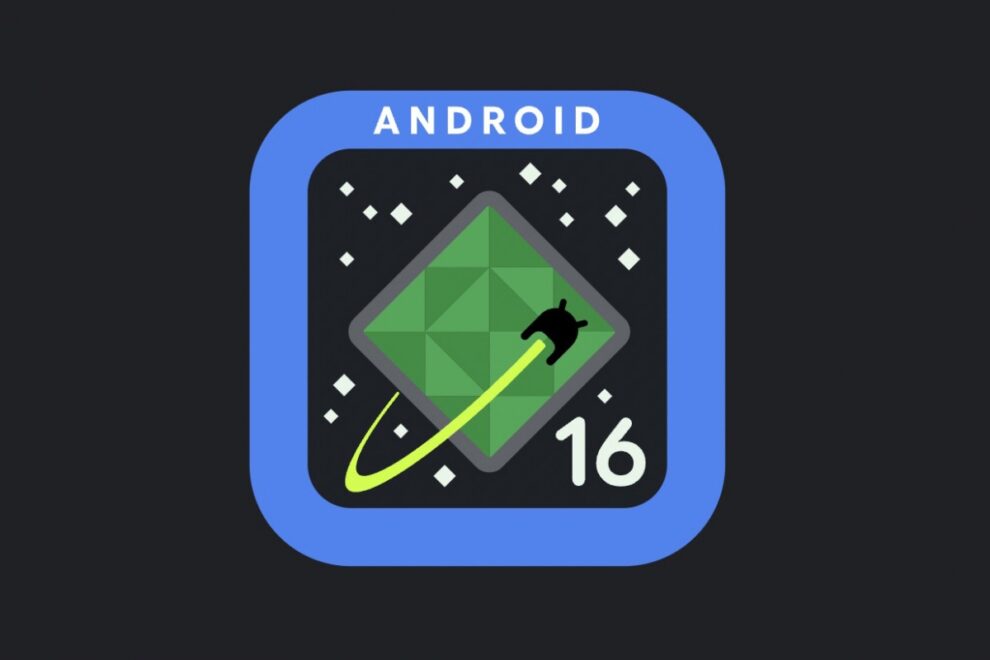The idea of Android 16, the peace-loving android from Dragon Ball Z, promoting a Google app might seem absurd. But bear with me. This isn’t about a fictional character stepping into the real world. It’s about exploring a hypothetical scenario where Google leverages the popularity of a beloved character to push one of its core apps, those essential tools that come pre-installed and can’t be removed from Android devices.
This exploration delves into the potential strategies Google might employ, the ethical considerations, and the possible impact on user experience. While the premise is rooted in fantasy, the discussion touches upon very real trends in tech and marketing, making it relevant to anyone interested in the evolving relationship between technology, popular culture, and user choice.
Why Android 16? And Why a Core App?
Android 16, despite his imposing physique and incredible strength, is known for his gentle nature and love for birds. This contrast makes him a unique and memorable character. Google, known for its playful personality and creative marketing campaigns, could potentially capitalize on Android 16’s popularity to promote a core app that aligns with his character traits. Imagine him advocating for Google Maps (“Explore nature’s beauty!”) or Google Photos (“Capture the fleeting moments of life!”).
Core apps are integral to the Android ecosystem. They provide essential functionalities and ensure a consistent user experience across devices. However, they sometimes face criticism for being “unremovable” and taking up valuable storage space. By associating a beloved character like Android 16 with a core app, Google could potentially soften this image and foster a more positive perception among users.
How Could Google Do It?
Let’s dive into the potential strategies Google might employ:
- In-App Appearances: Android 16 could appear in tutorials or interactive guides within the app, offering helpful tips and showcasing its features in an engaging way. Imagine him guiding you through Google Assistant’s settings or explaining the benefits of Google Drive’s cloud storage.
- Promotional Videos: Google could create short, humorous videos featuring Android 16 interacting with the app. Picture him using Google Lens to identify different bird species or relying on Google Translate to communicate with animals.
- Easter Eggs and Gamification: Hidden animations or mini-games featuring Android 16 could be incorporated into the app, rewarding users for exploring its functionalities. This could be as simple as an Android 16-themed sticker pack in Gboard or a hidden animation triggered by a specific voice command in Google Assistant.
- Partnerships and Merchandise: Google could collaborate with Dragon Ball Z licensors to create Android 16-themed merchandise or integrate him into existing Dragon Ball games, further solidifying the association between the character and the app.
Ethical Considerations
While the idea of Android 16 promoting a Google app is intriguing, it also raises ethical concerns.
- Manipulation and Exploitation: Is it ethical to use a beloved fictional character to influence user behavior and promote a product, especially one that cannot be uninstalled? Critics might argue that this exploits users’ emotional connection with the character.
- Transparency and Disclosure: Google would need to be transparent about its marketing strategies and clearly disclose any promotional content featuring Android 16. Users have the right to know when they are being targeted by advertising, even if it’s disguised as a fun interaction with a fictional character.
- Child-Targeted Marketing: Given the popularity of Dragon Ball Z among children, Google would need to be particularly cautious about how it uses Android 16 in its marketing efforts. Ethical considerations around child-targeted advertising must be prioritized.
Impact on User Experience
The impact of such a campaign on user experience could be multifaceted:
- Increased Engagement: The novelty of interacting with a beloved character could increase user engagement with the app. Users might be more inclined to explore its features and spend more time within the app.
- Brand Affinity: Associating a positive and relatable character like Android 16 with a core app could enhance Google’s brand image and foster a stronger emotional connection with users.
- Potential Backlash: However, some users might perceive the campaign as manipulative or intrusive. This could lead to negative sentiment towards the app and even Google as a whole.
My Personal Take
As a long-time Android user and a fan of Dragon Ball Z, I find the concept of Android 16 promoting a Google app both fascinating and concerning. On one hand, I appreciate Google’s creativity and willingness to experiment with unconventional marketing strategies. On the other hand, I’m wary of the potential ethical implications and the impact on user choice.
I believe that as long as Google is transparent about its intentions, respects user privacy, and avoids manipulative tactics, there’s potential for a fun and engaging campaign that benefits both the company and its users. However, it’s crucial for Google to tread carefully and prioritize ethical considerations above all else.
The Future of App Promotion
The hypothetical scenario of Android 16 promoting a Google app, while fantastical, highlights the evolving landscape of app promotion. As technology advances and user expectations change, companies are constantly seeking innovative ways to engage their audience and promote their products.
Whether it’s through gamification, personalized experiences, or collaborations with popular franchises, the future of app promotion is likely to be more interactive, personalized, and integrated into our daily lives. However, it’s crucial for companies to strike a balance between innovation and ethical considerations, ensuring that user experience and privacy are not compromised in the pursuit of engagement and profit.
While the idea of Android 16 becoming a core app promoter is far-fetched, it serves as a valuable thought experiment that sheds light on the potential and challenges of integrating popular culture and technology. By exploring such hypothetical scenarios, we can gain a deeper understanding of the evolving relationship between brands, consumers, and the digital world we inhabit.








